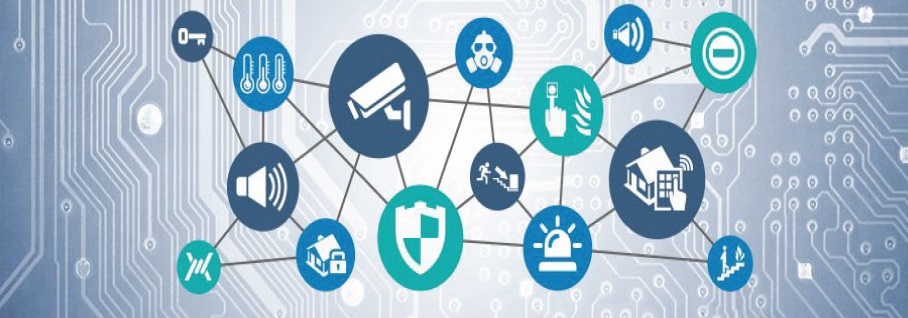ELV generally stand for Extra Low Voltage, and within the construction industry, ELV system is a system that is run using electricity that’s not connected to the building’s main power supply. The term ELV systems although frivolously used defines a wide variety of tools and services each for a specific purpose.
CCTV networks, fire alarms, hotel management systems and home intrusion systems, from houses to multi-complex buildings, restaurants to hotels, ELV systems have become a necessity for today’s homes and offices and organisations.

ELV design consultants are experts in the field, who offer their services to set up the required tools and devices for ELV systems to operate. ELV systems in addition to being more efficient tend to be more cost-effective in the long run.
Here are a few ways they help in saving on an organisation’s expenses:
Can be managed remotely
Where conventional management systems may have required manual access, IP based ELV systems can be tracked and handled remotely. Changes and modifications can be made to the system without any extra effort.
Not only does this save maintenance costs but it also helps with the reduction in resource costs, as manual handling and monitoring may not be needed.
Easy troubleshooting
Troubleshooting is easier and hassle-free with an ELV system due to a lack of multiple wires and connections. All cables associated with the design can be checked easily without any expert/professional help. Maintenance and troubleshooting costs prove to be lower too because of a single computer at a centralised location can be used to fix any errors or problems.
Easy expansion
There are many problems associated with the expansion of analogue systems. The expansion of conventional analogue systems from a single unit for a whole compound would require miles and miles of wires that prove to e extremely expensive. Due to the costs associated with the cables along with the costs that are needed to set them up.
With advanced ELV design system, the expansion is not only easier, due to the advanced technology using microwave links and fibre optics, which can be used to connect remote units seamlessly, without the extravagant costs associated with expansion.
Minimal quality issues
For traditional systems that include televisions, telephones and CCTV a significant problem lies in their correct working. Interference between wires and low-quality signals may affect the quality of received information whether audio or visual.
In an attempt to ensure that the information relayed is top quality, sometimes changes need to be introduced to the project scope which may change not only the timelines of the project but also increases project costs.
Recent ELV technologies have helped minimise interference issues by developing digital backbones ensuring top quality of data that is received and information that is relayed.
With advanced, integrated ELV designs, common data networks are a plus as they allow minimised costs for cable pathways and reduced interference. An expense that is inevitable is the planning of the path that would help with the optimum performance of the system
Conclusion
Technology advancements are a common sight in all fields of today. It is no surprise that each step forward is focused on saving costs, reducing resources and providing top quality products/services to the customers.
If you’re looking for ELV systems for your organisation, hotel or home, be sure to consult an expert in the field. ELV design consultants today focus on providing ELV solutions to their customers, suitable to their requirements. Being experts in their fields, they can suggest to their potential buyers the types of services and products that would suit them and their company best.